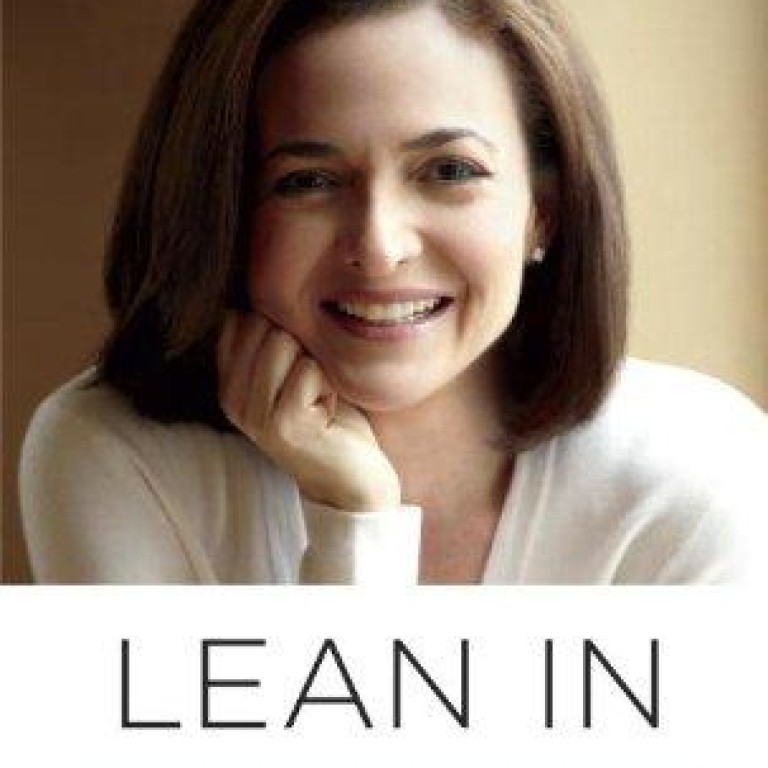
E-books/audiobooks review: non-fiction
Food, in this age of plenty, has become a substance of addiction and a major killer. In 2010, 62.8 per cent of adults in England were overweight and 26.1 per cent obese.

by Sheryl Sandberg
Knopf
(e-book)
Sheryl Sandberg, Facebook's COO, is a force in business, and by her telling, always has been. If you're a go-getter who wants to be a "C-suite" executive, much of what she writes in will resonate: that women, for example, have to prove themselves to a far greater degree than men if they want to advance. Sandberg describes the continuing tendency of women to hold themselves back and to accept compensation not worthy of what they will contribute. She also discusses women being plagued by the imposter syndrome and their tendency to be promoted based on past accomplishments (as opposed to their potential). Of course the book will appeal mostly to women who, like Sandberg, want to work for behemoths and be recognised as leaders. But there will be readers so turned off by the corporate dance that, male or female, they would rather just forgo the gender battles and have little to do with her kind of world. What would you do if you weren't afraid, Sandberg wants women to ask themselves. Many, if honest, would leave the rat race once and for all.

by James Erlichman
Guardian Shorts
(e-book)
Food, in this age of plenty, has become a substance of addiction and a major killer. In 2010, 62.8 per cent of adults in England were overweight and 26.1 per cent obese. Such statistics, as cited in this Guardian Short, are sobering. James Erlichman looks at our "thrifty genes", the agrarian revolution, our craving for empty calories, and pernicious food marketing in explaining why the obesity epidemic (a term first used in 1997 by the World Health Organisation) continues in the developed and developing world. Most enraging is the deception in food labelling - which is there, ironically, to inform. We learn how manufacturers mislead with portion sizes (an arbitrary measure that has little relation to what people actually eat) and wording (something low fat may be high in sugar). Sugar consumption has tripled in the past 50 years; the difference in calories between broccoli and custard-cream biscuits: 144 calories to more than 6,000. Which explains the correlation between low incomes and obesity. This book should curb appetites.

